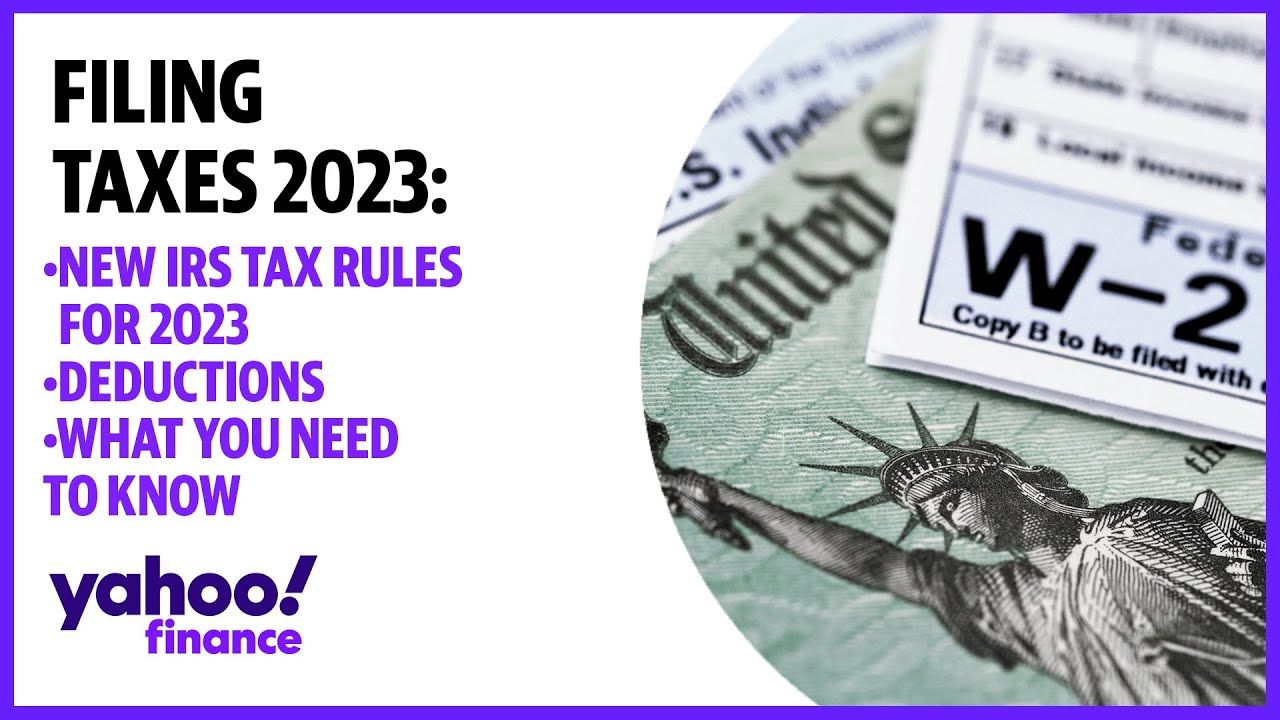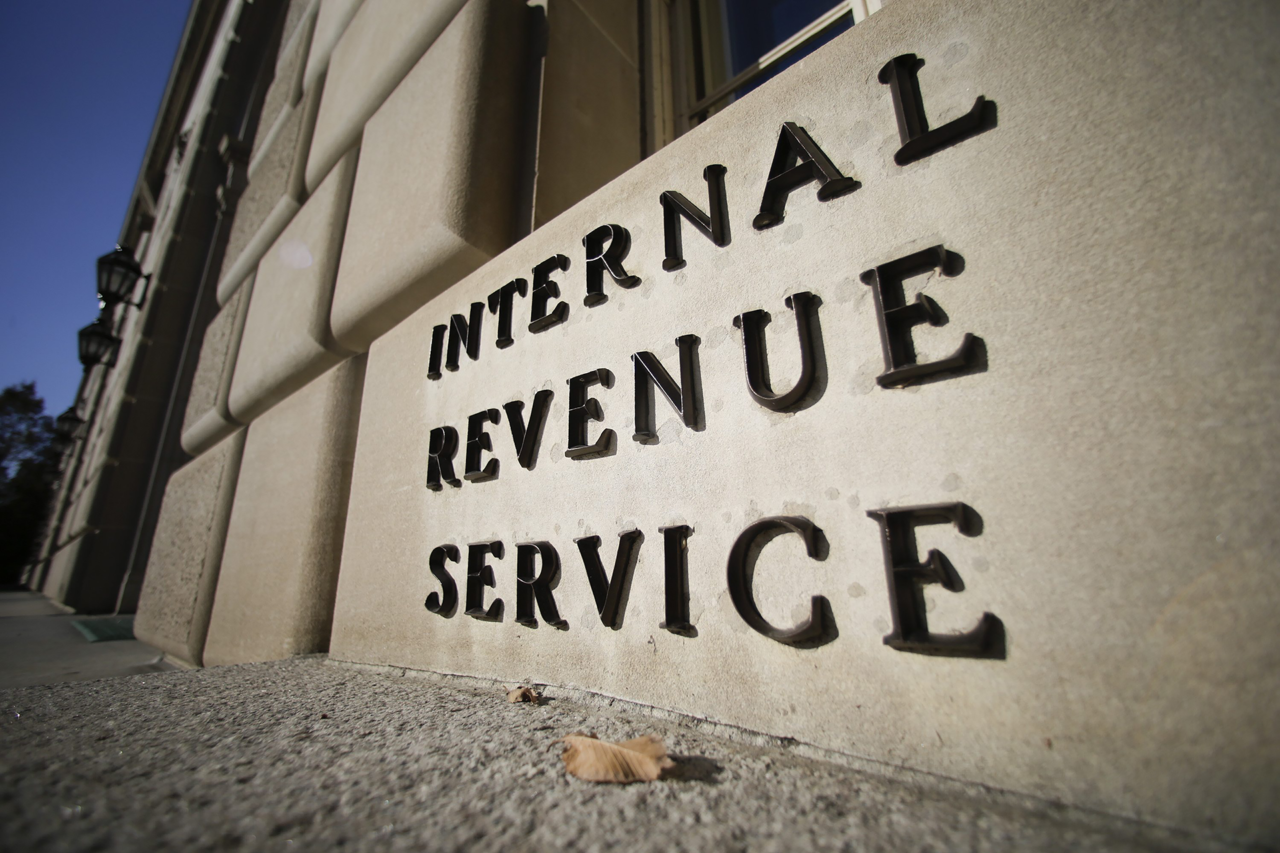Understanding The New IRS DeFi Broker Tax Regulations is crucial for anyone involved in decentralized finance (DeFi). The rapid growth of DeFi has presented unique challenges for tax authorities worldwide, and the IRS is attempting to navigate this complex landscape. This guide breaks down the key aspects of these new regulations, clarifying the definitions, reporting requirements, and tax implications for both brokers and individual users.
We’ll explore the complexities of staking, lending, yield farming, and decentralized exchange (DEX) trading, providing practical examples and guidance to help you understand your tax obligations.
We’ll cover everything from defining what constitutes a “DeFi broker” under IRS guidelines to detailing the specific forms and deadlines for reporting DeFi transactions. We’ll also delve into the tax implications for various DeFi activities, offering clear explanations and examples to help you navigate this evolving regulatory environment. Understanding these regulations is key to ensuring compliance and avoiding potential penalties.
Introduction to DeFi Broker Tax Regulations
The rise of Decentralized Finance (DeFi) has presented significant challenges to traditional tax systems worldwide, including the United States. The decentralized and pseudonymous nature of DeFi platforms makes tracking transactions and enforcing tax compliance incredibly difficult. This article will explore the new IRS guidelines specifically targeting DeFi brokers and their impact on both brokers and users.
The Emergence of DeFi and its Impact on Traditional Tax Systems
DeFi, leveraging blockchain technology, offers various financial services without intermediaries like banks. This disintermediation creates a complex landscape for tax authorities, as transactions occur across borders and lack the centralized oversight of traditional finance. The speed and global reach of DeFi transactions exacerbate the difficulties in monitoring and taxing these activities.
Challenges Faced by the IRS in Regulating Decentralized Finance
The IRS faces several key challenges in regulating DeFi. The anonymity offered by many DeFi platforms makes identifying taxpayers and their transactions difficult. The lack of clear legal precedents and the rapidly evolving nature of DeFi technologies require continuous adaptation of regulatory frameworks. Furthermore, the global nature of DeFi makes international cooperation essential for effective tax enforcement.
Historical Overview of IRS Attempts to Clarify Cryptocurrency Taxation
The IRS has gradually addressed cryptocurrency taxation since its emergence. Initial guidance was limited, leading to uncertainty. Over time, the IRS has issued numerous notices, FAQs, and other pronouncements to clarify tax treatment for various cryptocurrency transactions, including those involving DeFi. These efforts have aimed to provide greater clarity while acknowledging the complexities inherent in the technology.
Key Aspects of the New Regulations
The new IRS guidelines significantly impact DeFi brokers by clarifying their reporting responsibilities. This section details the key provisions, definitions, and comparative analysis of tax implications for DeFi brokers versus traditional brokers.
Specific Provisions Within the New IRS Guidelines Concerning DeFi Brokers

The regulations Artikel the specific information DeFi brokers must report to the IRS, including details about user transactions, the types of DeFi activities facilitated, and the identities of users involved (to the extent legally permissible). This information is crucial for the IRS to track taxable events within the DeFi ecosystem.
Definition of a “DeFi Broker” According to the IRS
The IRS defines a DeFi broker broadly, encompassing entities that facilitate transactions on DeFi platforms. This includes entities that provide services such as custody, trading, or facilitating yield farming activities. The definition is designed to capture a wide range of actors involved in DeFi’s intermediary services.
Comparison of Tax Implications for DeFi Brokers Versus Traditional Brokers

While both DeFi and traditional brokers have reporting obligations, the specific requirements differ due to the decentralized nature of DeFi. DeFi brokers face unique challenges in obtaining and reporting user information compared to traditional brokers who operate within more centralized systems. The IRS guidelines attempt to balance the need for tax compliance with the inherent challenges of the DeFi environment.
Navigating the new IRS DeFi Broker tax regulations can be tricky, especially with the complexities of decentralized finance. Understanding how these rules apply to your specific situation requires careful review, and sometimes, seeking outside expertise helps. For example, check out this insightful statement from Ezra Mam regarding financial transparency, Broncos Statement – Ezra Mam , which highlights the importance of clear record-keeping – a crucial aspect when complying with these new DeFi tax laws.
Ultimately, staying informed is key to avoiding potential tax issues.
Reporting Requirements for DeFi Brokers
Understanding the reporting requirements is crucial for DeFi brokers to avoid penalties. This section Artikels the necessary forms, deadlines, and potential consequences of non-compliance.
Specific Forms and Schedules Required for Reporting DeFi Transactions
DeFi brokers will likely utilize existing IRS forms and schedules, potentially with modifications or additions to accommodate the unique characteristics of DeFi transactions. The specific forms may vary depending on the type of DeFi activity facilitated and the nature of the broker’s involvement.
Deadlines and Penalties Associated with Non-Compliance
Failure to comply with reporting deadlines can result in significant penalties, including financial fines and potential legal action. The IRS may also pursue criminal charges in cases of intentional non-compliance or tax evasion.
Step-by-Step Guide for DeFi Brokers to Fulfill Their Reporting Obligations
| Step | Action | Deadline | Potential Penalty for Non-Compliance |
|---|---|---|---|
| 1 | Gather necessary user transaction data | End of calendar year | Potential accuracy-related penalties |
| 2 | Classify transactions for tax purposes | End of calendar year | Potential penalties for misclassification |
| 3 | Prepare and file required IRS forms | Tax filing deadline (typically April 15th) | Significant financial penalties and potential legal action |
| 4 | Maintain comprehensive records | Indefinitely | Penalties for inadequate record-keeping |
Tax Implications for DeFi Users: Understanding The New IRS DeFi Broker Tax Regulations
The new regulations also have implications for individual taxpayers who use DeFi platforms. This section details the tax consequences of common DeFi activities.
How the New Regulations Affect Individual Taxpayers Who Use DeFi Platforms
Individual taxpayers are responsible for reporting any taxable events resulting from their DeFi activities. This includes income generated from staking, lending, yield farming, and trading on decentralized exchanges. Accurate record-keeping is essential for compliance.
Tax Implications of Staking, Lending, and Yield Farming Activities
Income generated from staking, lending, and yield farming is generally considered taxable income. The specific tax treatment depends on the nature of the activity and the type of rewards received. Capital gains or ordinary income may apply, depending on the circumstances.
Examples of Different DeFi Transactions and Their Corresponding Tax Treatments
- Staking: Receiving tokens as rewards for staking is generally considered taxable income at the fair market value at the time of receipt.
- Lending: Interest earned from lending cryptocurrency is typically considered taxable income.
- Yield Farming: Rewards earned from yield farming are treated similarly to staking rewards – as taxable income at fair market value at the time of receipt.
- Trading on DEXs: Profits from trading are subject to capital gains taxes.
Navigating Tax Complexity in DeFi
Understanding the decision-making process and calculation methods is crucial for DeFi users. This section provides a flowchart and a hypothetical scenario to illustrate the application of the new regulations.
Flowchart Illustrating the Decision-Making Process for Determining Taxable Events in DeFi
A flowchart would visually represent the steps involved in determining whether a DeFi activity constitutes a taxable event. The flowchart would start with identifying the type of DeFi activity, then proceed to determine if income or gains were realized, and finally, direct to the appropriate tax reporting method. This would need to account for different DeFi activities such as staking, lending, yield farming, and trading.
How to Calculate Capital Gains and Losses from DeFi Activities
Capital gains and losses from DeFi activities are calculated based on the difference between the acquisition cost and the sale price of the cryptocurrency. The holding period determines the applicable tax rate (short-term or long-term capital gains). The cost basis must be accurately tracked for each transaction.
Hypothetical Scenario Involving a DeFi User and How the New Regulations Would Apply
Imagine a user staking ETH on a DeFi platform and receiving additional ETH as rewards. The received ETH is taxable income at the fair market value at the time of receipt. If the user later sells some of their ETH, the profit is subject to capital gains tax, calculated based on the cost basis and selling price.
Future Outlook and Potential Changes
The regulatory landscape for DeFi is constantly evolving. This section explores potential future changes and their implications.
Potential Future Changes to the IRS’s DeFi Tax Regulations

The IRS may issue further guidance or regulations to address specific issues or ambiguities in the existing guidelines. The evolving nature of DeFi requires continuous adaptation of tax rules to keep pace with technological advancements and new DeFi products.
Predictions on How the DeFi Landscape Might Evolve in Response to These Regulations
DeFi platforms may adapt their operations to comply with the new regulations. This could include improved record-keeping, enhanced user identification processes, and integration of tax reporting functionalities directly into platforms. The level of compliance will likely vary significantly across different DeFi platforms.
Challenges and Opportunities Presented by the Ongoing Regulatory Landscape
The regulatory landscape presents both challenges and opportunities. Challenges include the complexities of enforcing tax compliance in a decentralized environment. Opportunities include the potential for increased transparency and legitimacy within the DeFi space, leading to greater adoption and growth.
Illustrative Examples: Tax Implications of Specific DeFi Activities
This section provides detailed scenarios to illustrate the tax implications of various DeFi activities.
Scenario: Earning Rewards from a DeFi Lending Protocol
A user lends 1 BTC to a DeFi lending protocol and earns 5% annual interest in the form of stablecoins. The interest earned is taxable income at the fair market value of the stablecoins at the time of receipt. The user must report this income on their tax return.
Scenario: Participating in a Liquidity Pool, Understanding The New IRS DeFi Broker Tax Regulations
A user provides liquidity to a decentralized exchange (DEX) liquidity pool and receives trading fees as rewards. These trading fees are considered taxable income at the fair market value when received. The user must track the value of the fees and report them accordingly.
Scenario: Trading Tokens on a Decentralized Exchange

A user buys and sells tokens on a DEX. Any profits from these trades are subject to capital gains tax. The user must accurately track the cost basis of each token and the sale price to calculate the capital gains or losses.
Figuring out the new IRS DeFi Broker tax regulations can be tricky, especially with all the complexities involved. It’s a whole different ballgame compared to, say, the news about a completely unrelated event like this search and rescue mission, Rescue team ends search for a man overboard from Norwegian , which highlights how different life’s priorities can be.
Getting back to taxes, remember to keep meticulous records of your DeFi transactions to avoid headaches later.
Closing Notes
Navigating the world of DeFi taxes can feel daunting, but with a clear understanding of the new IRS regulations, you can approach your tax obligations with confidence. Remember, staying informed about updates and seeking professional advice when needed is crucial. This guide serves as a starting point for understanding the complexities of DeFi taxation, providing a framework for navigating this rapidly evolving landscape.
Navigating the new IRS DeFi Broker Tax Regulations can be tricky, especially with all the recent changes. It’s almost as surprising as the news that the Sacramento Kings, Struggling Kings fire third-year head coach Mike Brown – ESPN , just fired their coach. Anyway, back to taxes – remember to keep meticulous records of your DeFi transactions to avoid penalties.
Understanding these rules is key to staying compliant.
By understanding the definitions, reporting requirements, and tax implications, you can ensure compliance and minimize potential risks.
Query Resolution
What if I’m a DeFi user, not a broker?
The new regulations still affect you. You are responsible for reporting your DeFi income, gains, and losses on your tax return.
Are there specific penalties for non-compliance?
Yes, penalties can include fines and interest charges. The severity of the penalty depends on the nature and extent of the non-compliance.
Where can I find the official IRS guidance on DeFi taxation?
The IRS website is the best source for official information. Look for publications and notices related to cryptocurrency and virtual currencies.
What if I’m unsure how to categorize a specific DeFi activity for tax purposes?
Consult a tax professional specializing in cryptocurrency and DeFi. They can provide personalized guidance based on your specific situation.